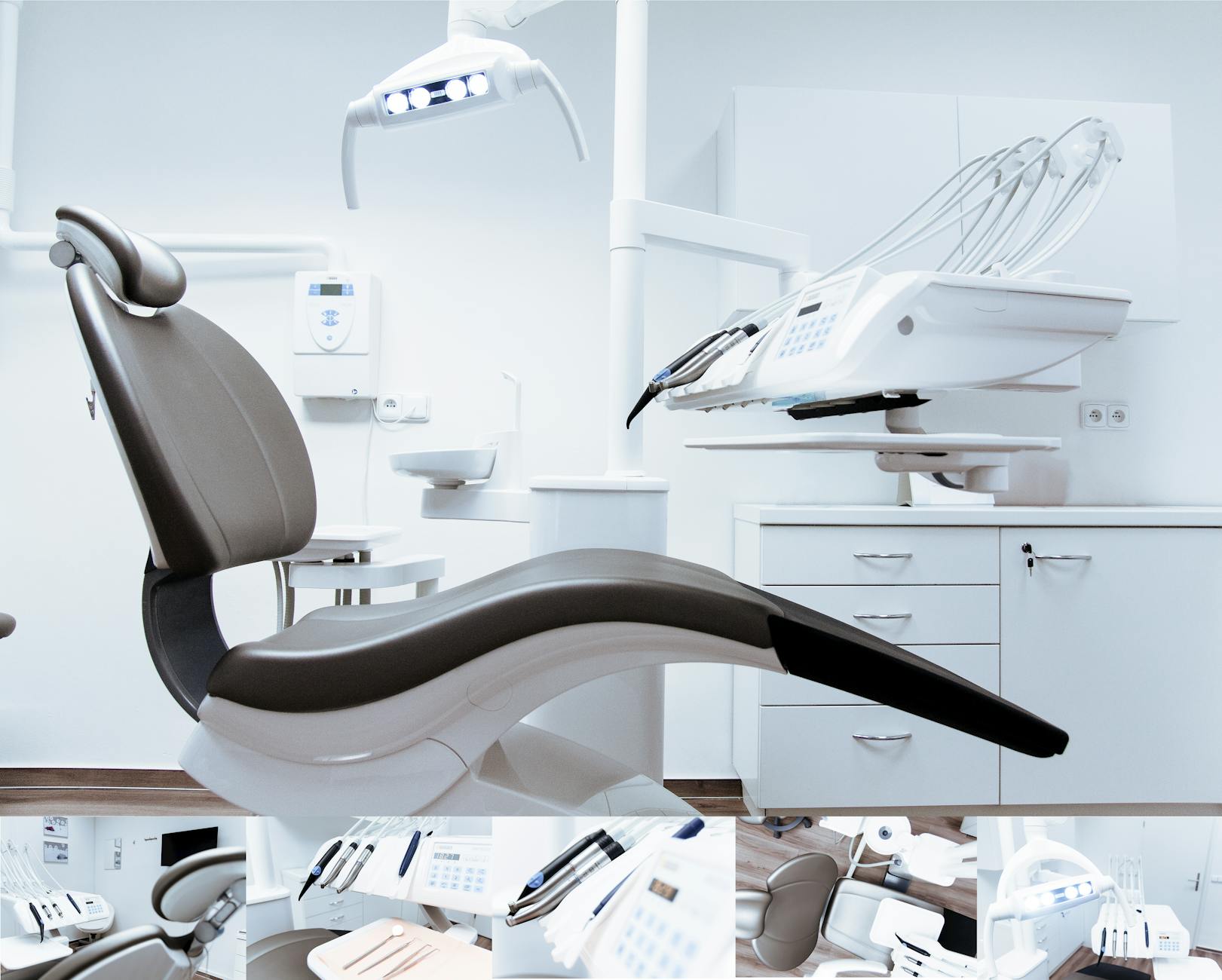This post may contain affiliate links or promotional content. We may earn a small commission at no additional cost to you. Information provided for educational purposes only. Please consult experts before making financial or legal decisions.
Consider sponsoring this post to help us share this knowledge with others! Email our team today.
Subscribe to Run The Money on Substack for more insights on financial resilience, audience growth, and building freedom in uncertain times.
In dental practice management, one of the aspects that often goes overlooked is the office lease. A lease not only represents a significant portion of a practice’s fixed expenses but also affects its profitability and operational flexibility. Given the nature of the real estate market and the changing needs of a dental practice, periodically reassessing and renegotiating lease terms can substantially impact the practice’s financial health. This becomes even more important in a fluctuating economic climate where optimal cost management can be the difference between thriving and surviving.
This article explores the topic of renegotiating your dental office lease and examines the critical milestones when it’s advantageous to initiate renegotiations. By dissecting elements such as assessing current agreements, researching market rates, and communicating with landlords, this article focuses on the aspects that govern successful renegotiations.
Assessing Your Current Lease Agreement
Renegotiating a dental office lease demands a thorough analysis of the existing agreement. One must look deeply into the fine print, identifying and understanding clauses that dictate rent hikes, options to renew, and specific terms under which the agreement could be terminated. Such meticulous scrutiny not only paves the way for informed decision-making but also anchors any future negotiations on solid factual grounds. It’s imperative to approach this assessment with an analytical eye, recognizing potential areas for leverage or, conversely, points where one’s position may be atypically vulnerable. The aim is to craft a strategy by accentuating advantages and mitigating limitations inherent in the current lease terms.
Researching Market Rates
Entering the negotiations for your dental office lease requires important groundwork, particularly analyzing the prevailing market rates for such spaces in your vicinity. Insight into these rates equips you with substantial leverage, offering a comparative benchmark against your current lease conditions. This process not only enlightens you regarding the typical costs and terms but also frames your negotiation from a position of informed strength.
Detailed local market insights can help identify whether your present lease is competitively priced or if adjustments could be negotiated to align more closely with current trends. Attaining this knowledge might involve consulting real estate professionals, reviewing industry publications, and analyzing lease arrangements of comparable dental practices. Such thorough preparation positions you advantageously for discussions, ensuring that your negotiations are not only persuasive but also grounded in substantial, actionable data.
Communicating with Your Landlord
After rigorously looking over your current lease and gaining a thorough understanding of market rates, the next step is to engage in direct dialogue with your landlord. A scheduled meeting should be approached with clarity and preparedness, prominently displaying your researched data that supports the need for a lease re-negotiation.
Clear communication during this discussion is vital. State your motives clearly, perhaps the current terms do not align with the current market conditions or perhaps they hinder the potential growth and financial health of your dental practice. Showing how adjustments could benefit both parties can also be persuasive. It’s important to remember that staying calm and fact-based assertiveness are key to a discussion that aims not just at meeting immediate needs but at creating a lasting landlord-tenant relationship.
Negotiating Lease Terms
When stepping into lease negotiations for your dental office, balance is important, knowing when to be flexible and when to hold ground is central. Start by identifying which terms are negotiable and which are not, considering the long-term impact on your practice’s operations and finances.
It’s prudent to have clear priorities. For example, you might compromise on the length of the lease in favor of a more favorable rent amount. Engaging a legal expert to review proposed changes can be invaluable. They will ensure that the agreement is not only compliant with the law but also advantageous and fair to your practice. Successful negotiations hinge on preparedness and an ability to anticipate the landlord’s needs while safeguarding your own business interests.
Finalizing the Agreement
As negotiations come to an end, and an agreement with your landlord has been reached, it is important to carefully review the terms of the new lease agreement. This examination involves making sure that all agreed-upon terms during the negotiation are clearly reflected in the contract and that there are no clauses that could lead to unexpected issues. Attention must be paid to every detail, the stakes are high as this contract will determine the operational base of your dental practice for years to come. Should any discrepancies appear, or if something seems wrong, do not hesitate to bring it up for discussion again.
The difficulties of a dental office lease renegotiation demands thorough preparation and an agile approach. From closely examining your existing contract to conducting robust market research and engaging in clear, data-supported discussions with your landlord, each step serves a strategic purpose. By embracing these strategies, highlighted by the guidance of seasoned professionals, you optimize the potential for a lease agreement that not only reflects current market conditions but also solidifies the financial bedrock of your practice.
Some content on this site is contributed by partners or external sources. All submissions are reviewed for quality.

0 responses to “Biting Budgets: Re-Negotiating Your Dental Office Lease”